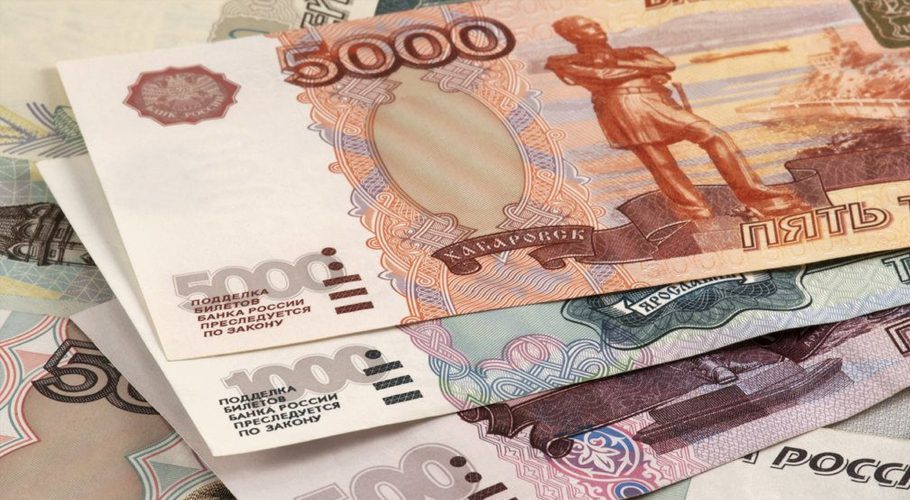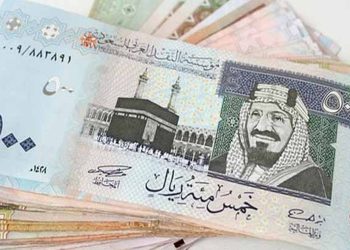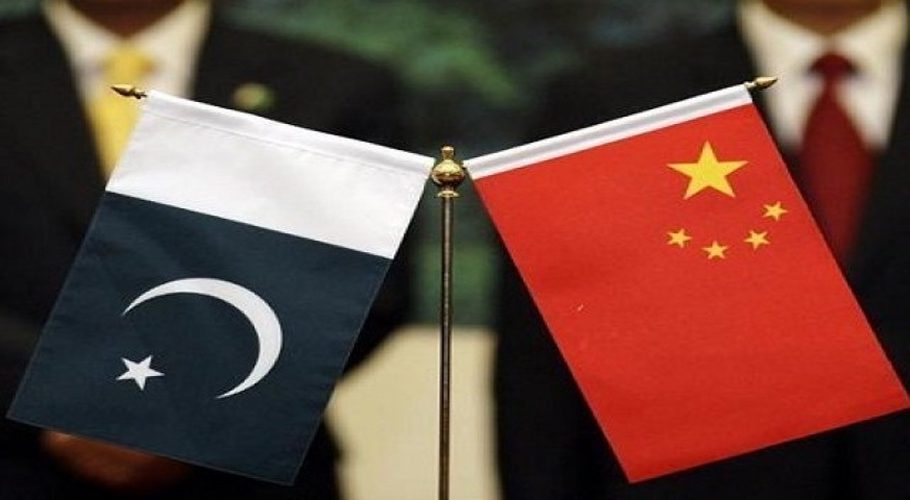MOSCOW: The rouble tumbled to an all-time low against the dollar and euro on Thursday in highly volatile trading after President Vladimir Putin ordered Russian forces to invade Ukraine, a move expected to trigger new sanctions against Moscow.
Russian forces fired missiles at several Ukrainian cities and landed troops on its south coast after Putin authorised what he called a special military operation in the east.
The rouble was 8% weaker against the dollar at 87.55 , earlier hitting a record low of 89.60. It had lost 6.3% to trade at 97.51 versus the euro , earlier hitting 99.99. MOEX Group, which runs the Moscow Exchange, suspended trading shortly after markets opened and resumed trading after three hours.
No Russian assets were left unscathed, with shares and bonds plummeting as investors took stock of Russia’s move into Ukraine and the prospect of Western sanctions that may follow.
The dollar-denominated RTS stock index crashed 26% to 906.96 points, its lowest since early 2020. The rouble-based MOEX Russian index was 22% lower at 2,419.0 points. Yields on Russian benchmark 10-year OFZ rouble bonds , which move inversely to prices, rose to 10.93%, their highest since early 2016.
Western countries and Japan imposed sanctions on Russian banks and individuals in response to Moscow’s recognition of two breakaway regions in eastern Ukraine, but promised tougher measures should Russia invade.
Russia’s largest lender Sberbank said it was prepared for any developments and had worked through scenarios to guarantee its customers’ funds, assets and interests were protected. Meanwhile the central bank said it would begin interventions on the currency market and offer extra liquidity to the banking sector.
A senior US administration official told reporters on Tuesday that Sberbank and No. 2 lender VTB (VTBR.MM) would face U.S. sanctions if Moscow proceeded with its invasion of Ukraine, warning that no Russian financial institutions were safe.
Both banks have previously declined to comment on potential sanctions threats. Brent crude oil , a global benchmark for Russia’s main export, was up 6.7% at $103.32 a barrel, at a more than seven-year high.


































